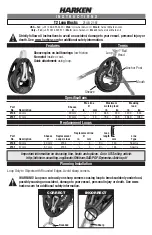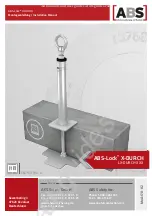
(https://reference.digilentinc.com/_detail/reference/instrumentation/openscope-mz/dc_output_feedback.png?id=reference%3Ainstrumentation%3Aopenscope-mz%3Areference-
manual)
2 channels
±4 V
50 mA per channel
A block diagram of how the OpenScope MZ communicates with the host is provided below:
(https://reference.digilentinc.com/_detail/reference/instrumentation/openscope-mz/user_interface_communications.png?id=reference%3Ainstrumentation%3Aopenscope-
mz%3Areference-manual)
OpenScope MZ uses an FTdI FT232RQ USB/Serial converter to handle the flow control between a host computer and a connected OpenScope MZ. The host
computer will need a USB 2.0 High Speed (or better) port to allow the OpenScope MZ to run at 1.25 MBaud (139 kB/s) and to negotiate 500 mA on the USB bus.
Users may interact with the OpenScope MZ via a terminal in either Menu Mode or JSON Mode. A pair of DMA channels at the lowest priority are dedicated to the
UART. If any other DMA channels stall out the UART DMA, all communication with the host will cease.
The OpenScope MZ uses a MRF24WG0MA WiFi chip to enable wireless communication with a browser based UI, WaveFormsLive
(https://reference.digilentinc.com/reference/software/waveforms-live/start)
(WFL). The OpenScope MZ itself implements a simple HTTP Server that stores static web
content on a μSD card and supports dynamic content implemented in the code through the Digilent deIP™ Network Stack. More information about WFL and the
Digilent Agent
(https://reference.digilentinc.com/reference/software/digilent-agent/start)
can be found on the OpenScope MZ Resource Center
(https://reference.digilentinc.com/reference/instrumentation/openscope-mz/start)
.
8 out of 9 timers available on the PIC32MZ are utilized for the OpenScope MZ to trigger the ADCs, DMA transfers, PWM outputs, and trigger delays. Two timers
are dedicated to the ADC () channels, two are dedicated to the DC outputs, one for the DC offset, one for the function generator and logic analyzer, one for an
external trigger, and one for the hardware protocol.
Communication with the host
UART Interface
WiFi
Timers
Triggers
































